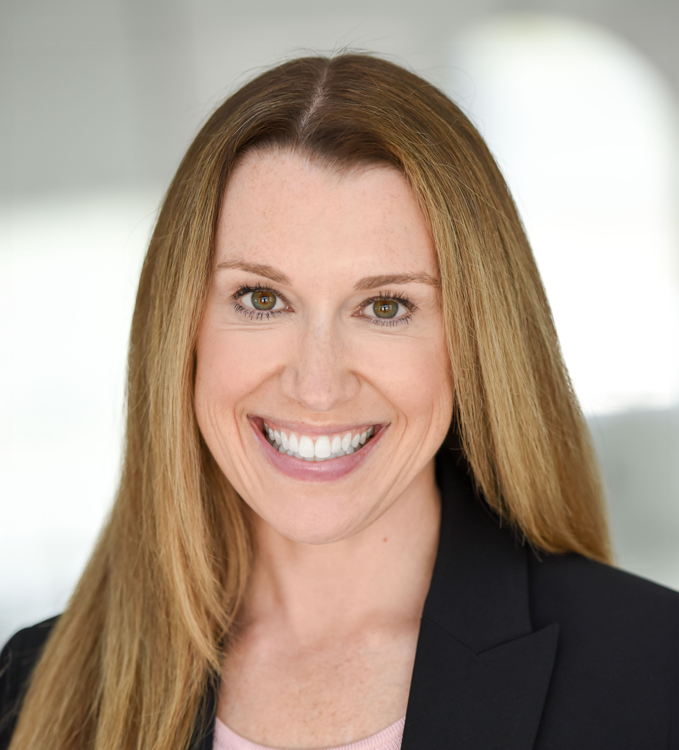
Role Reversal: Caring for Aging Relatives
Role Reversal: Caring for Aging Relatives
With individuals living longer thanks to healthier lifestyles and modern medicine, a significant family dynamic shift is underway. As of January 2024, there were roughly 62 million individuals aged 65 and up living in the U.S., a 34% increase over the last decade. With this demographic projected to make up nearly a quarter of the total population by 2050, many Americans will be faced with caring for their aging relatives.1,2
This role reversal in the family dynamic can be challenging and emotions often prevent important information from being exchanged and critical decisions from being made. That’s why it is best to have a strategy when approaching the discussion about future care with a loved one.
Covering the Basics
Gathering essential information about your loved one’s health and future care plans can help you keep the conversation on track.
Here are some of the basic essentials to use as a starting point:
- Healthcare Network: Familiarize yourself with your relative’s healthcare team, including their primary care physician, and any specialists.
- Medications & Allergies: Keep an updated list of prescriptions and known allergic reactions to any medications.
- Medical & Legal Documents: Knowing where important documents are stored is crucial, including their Medicare card, insurance information, power of attorney for healthcare, and estate information such as wills and trusts.
Setting Boundaries and Expectations
The emotional aspects of elder care can be overwhelming, which is why it can be beneficial to involve other siblings or relatives who can help. Although one family member tends to take a lead role when it comes to caring for an aging relative, communicating early on what should be expected from everyone involved can make the situation more manageable.
Understanding the Financial Implications
Elder care can encompass a wide range of expenses from medical costs, to prescription medications, to residential care fees. Although discussing finances with a loved one can be a stressful endeavor, helping them develop a well-rounded financial strategy can prevent undue financial stress. This will not only help secure the necessary resources for their future care, but can also promote peace of mind for all parties involved.
The earlier you begin the conversation about these important issues, the more likely you are to be prepared when a crisis arises. Remember that whatever your relationship is with your relatives, compassion, preparation, and a willingness to engage can turn seemingly daunting tasks into opportunities for growth and understanding. It’s through these dialogues that we can help ensure the well-being of those who once cared for us.
As a wealth advisor, guiding these discussions with sensitivity and expertise is an invaluable service that I am able to provide to clients. If you are a new caregiver or would like to learn more about the financial planning process, please feel free to reach out.
1Pew Research Center, January 9, 2024
2“A Profile of Older Americans: 2015” Administration on Aging, Administration for Community Living, U.S. Department of Health and Human Services, 2015
Related Topics
Disclosures: Please remember that past performance may not be indicative of future results. Different types of investments involve varying degrees of risk, and there can be no assurance that the future performance of any specific investment, investment strategy, or product (including the investments and/or investment strategies recommended or undertaken by Concord Wealth Partners, or any non-investment related content, made reference to directly or indirectly in this newsletter will be profitable, equal any corresponding indicated historical performance level(s), be suitable for your portfolio or individual situation, or prove successful. Due to various factors, including changing market conditions and/or applicable laws, the content may no longer be reflective of current opinions or positions. Moreover, you should not assume that any discussion or information contained in this newsletter serves as the receipt of, or as a substitute for, personalized investment advice from Concord Wealth Partners. To the extent that a reader has any questions regarding the applicability of any specific issue discussed above to his/her individual situation, he/she is encouraged to consult with the professional advisor of his/her choosing. Concord Wealth Partners is neither a law firm, nor a certified public accounting firm, and no portion of the newsletter content should be construed as legal or accounting advice. A copy of Concord Wealth Partners’ current written disclosure Brochure discussing our advisory services and fees is available upon request or on our website. Please Note: If you are a Concord Wealth Partners client, please remember to contact Concord Wealth Partners, in writing, if there are any changes in your personal/financial situation or investment objectives for the purpose of reviewing, evaluating, and/or revising our previous recommendations and/or services, or if you would like to impose, add, or to modify any reasonable restrictions to our investment advisory services. Concord Wealth Partners shall continue to rely on the accuracy of information that you have provided. Please Note: If you are a Concord Wealth Partners client, please advise us if you have not been receiving account statements (at least quarterly) from the account custodian.



